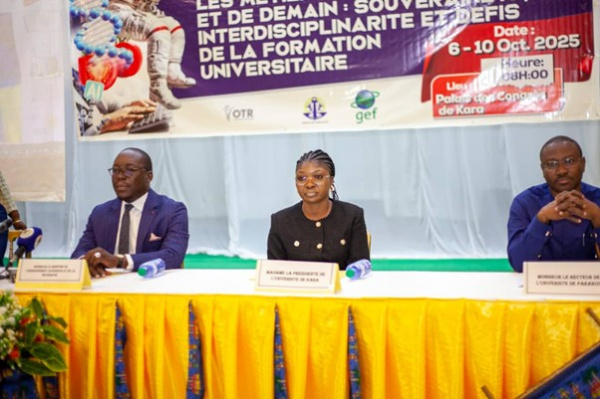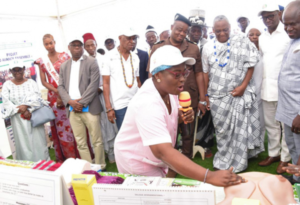The 6th edition of the International Scientific Colloquium at the University of Kara is underway. From October 6 to 10, 2025, this event highlights the employability of young people and the adaptation of university training. Researchers and educators gather to discuss critical issues facing today’s students.
This year’s theme is “The Professions of Today and Tomorrow: Sovereignty, Interdisciplinarity, and Challenges of University Training.” Over 700 researchers from 17 countries in Africa and Europe are participating. Their diverse backgrounds enrich discussions about aligning education with the evolving job market.
Education must adapt to meet the needs of a rapidly changing world. Traditional teaching methods often fall short. The job market increasingly demands skills that go beyond standard academic knowledge. By focusing on practical skills and real-world applications, universities can better prepare students for future careers.
Participants at the colloquium are exploring various ways to enhance employability. They emphasize the importance of sovereignty in education. Local contexts matter when developing training programs. Universities should reflect the specific needs of their communities while also considering global trends. This balance ensures that students receive relevant and effective training.
Interdisciplinarity is another crucial aspect of the discussions. Today’s challenges require knowledge from multiple fields. For instance, a successful career in technology might also benefit from skills in communication and project management. By promoting collaboration among different academic disciplines, universities can create a more dynamic learning environment. This approach encourages innovative thinking, which is essential for solving complex problems.
The event also highlights the importance of collaboration between academia and industry. Engaging with employers can provide valuable insights into the skills needed in the workforce. Universities should seek partnerships with businesses to create internship opportunities and job placement programs. These connections can bridge the gap between education and employment.
Moreover, the colloquium serves as a platform for sharing best practices. Researchers and educators can learn from each other’s experiences. Discussions about successful training models can inspire new approaches. By learning from others, universities can adopt strategies that enhance student outcomes.
Networking opportunities abound at the colloquium. Participants can exchange ideas and forge new relationships. These connections can lead to collaborative research projects and innovative educational programs. Building a strong network is essential for advancing educational initiatives and improving employability.
The focus on employability reflects a growing awareness of the challenges facing young people today. Many graduates struggle to find jobs that match their skills and aspirations. By addressing these issues, the colloquium aims to create a more supportive environment for students. Educational institutions must play a proactive role in preparing students for the future.
In conclusion, the International Scientific Colloquium at the University of Kara represents a vital opportunity for dialogue and collaboration. With a focus on employability, the event seeks to reshape higher education. By emphasizing sovereignty, interdisciplinarity, and partnerships, participants are paving the way for a more effective educational system. This initiative not only empowers students but also strengthens communities. As the colloquium unfolds, its impact could resonate far beyond the conference halls. The commitment to improving employability will undoubtedly benefit future generations of students, ensuring they are well-equipped for the challenges ahead.






